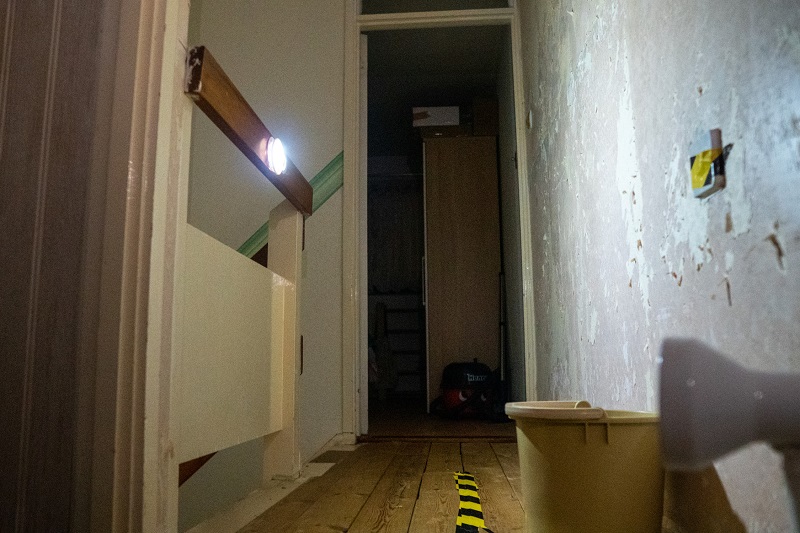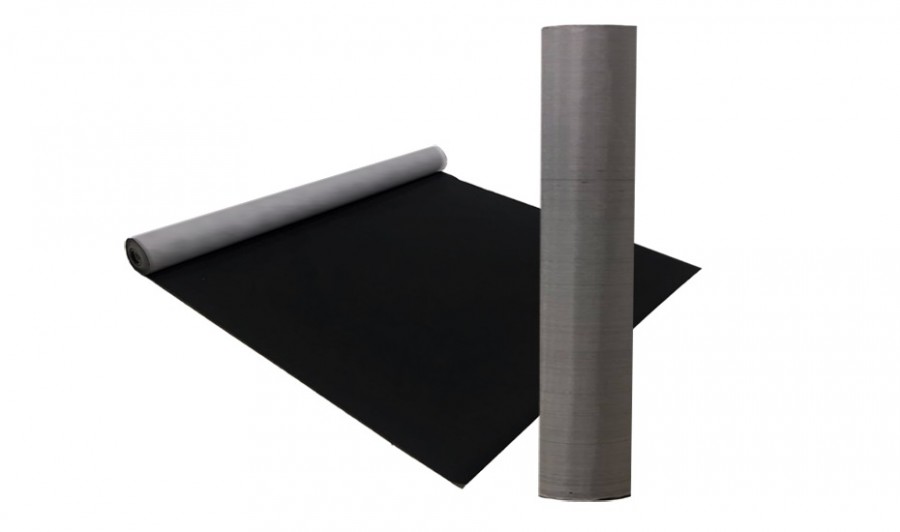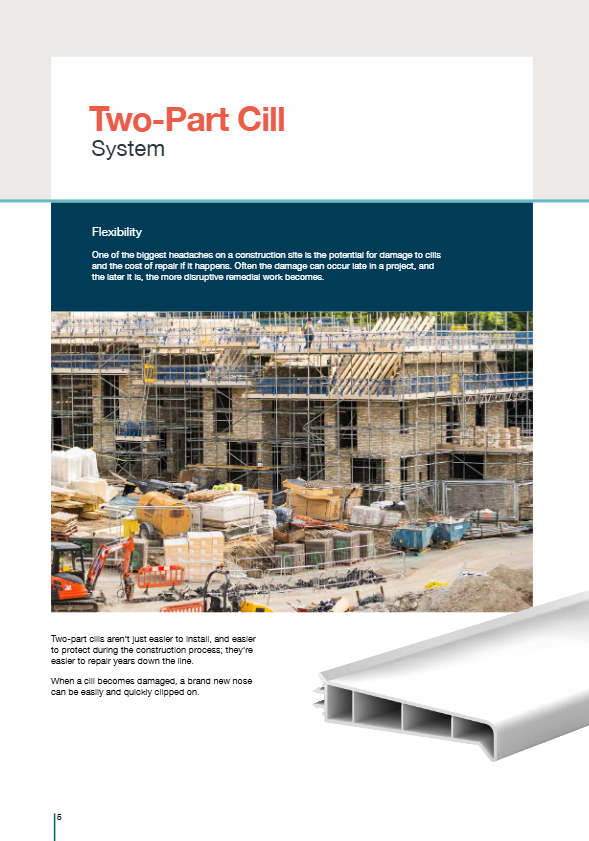The government could create 100,000 new jobs and a £10 billion annual economic boost by spending just a tiny fraction of the housing funding recently returned to the Treasury on improving the quality of the nation’s homes.
Spending just £625 million a year to improve the safety, heating and accessibility of homes would help remove potentially fatal hazards and improve the quality of 520,000 homes a year, according to a new report by the Centre for Ageing Better and the cross-party think tank Demos, supported by Dunhill Medical Trust.
Currently, there are 3.5 million homes in England that pose a serious threat to their occupants’ health and safety because of trip hazards, lack of adequate facilities, and dangerous levels of cold and damp. Almost one in seven homes (984,000) headed by someone aged 65 or over is classed as non-decent.
The expenditure, equivalent to less than a third of the £1.9 billion the Department for Levelling Up, Housing and Communities handed back last month because of a lack of projects to fund, would deliver a 16-fold return on investment for the government.

The newly-published report recommends a number of policies to help facilitate and fund a massive uptake in home improvement work nationwide including:
- Developing a national network of local Good Home Hubs to provide a local one-stop shop for a range of home improvement, retrofit and energy efficiency schemes
- Creating a robust and enforceable housing standard
- Offering tax relief on Stamp Duty or Council Tax to help stimulate demand and create incentives
- Replicating Covid loan guarantees to leverage investment for home improvement works without excessively risking public funds
- Widening the remit of Homes England beyond house building to also cover housing quality
- Developing a cross-government housing strategy with a minister responsible for implementation
- Expanding the eligibility of the Disabled Facilities Grant into a Home Adaptations Grant to cover a wider range of at-risk households
The report outlines the need for the government to focus on policies that have the biggest multiplier effects because of low growth and high public debt. By delivering substantial economic growth through new jobs, apprenticeships and investment opportunities, reducing pressure on health and social care services and helping meet Net Zero commitments, home improvement has the potential to have one of the biggest multiplier factors of any government policy.
Dr Carole Easton, Chief Executive at the Centre for Ageing Better, said: “Homes which fail to keep people safe and warm are contributing to the deaths of thousands of people every year. Many homeowners cannot afford the relatively small costs needed to substantially improve them. The housing stock we have is woefully inadequate to meet people’s needs now, this is only going to get worse as our population ages.
“Low growth and high public debt mean we cannot just throw money at the problem. Policy-makers must strategically focus on the solutions with the greatest bang for their buck. Investing in home improvement, a policy solution that has been overlooked for too long, has enormous potential to deliver a huge social, economic and environmental impact far in excess the moderate levels of investment needed.
“Stimulating a mass expansion of home improvement work nationwide would mean hundreds of thousands of people happier and healthier in homes that are safe and energy efficient. It would mean reducing the strain on health and social care services. It would mean stimulating economic growth by creating new jobs, skills, apprenticeships and investment opportunities while saving hard-pressed households money. It would deliver towards Net Zero obligations without financially penalising the individual or asking for significant lifestyle sacrifices. Few policy options open to government can offer so much for so little.”
The newly published report highlights a wide range of research that highlights the high cost-benefit value of focussing on home improvement, including:
- For every £1 invested in home improvement and repairs, £2 are generated in economic benefits – a ratio much higher than house building.
- Over 150,000 people are employed in trades relevant to retrofitting homes, down from a high of 250,000 in 2008. Increasing investment has potential to be valuable job creator.
- The most serious, life-threatening home hazards could be reducing economic output by over £300m per year – the equivalent of over 9,000 FTE workers.
- The wide-ranging negative impact of poor housing on economic growth including its contribution to inhabitants’ poor educational performance and subsequent impact on individuals’ skills and involvement in the labour market.
- Access to good quality housing improves health and wellbeing which can drive higher levels of productivity.
Andrew O’Brien, Director of Policy and Impact at Demos, said: "At a time when politicians are scrambling for policies that can unlock economic growth, addressing the poor quality of British homes is a political no-brainer.
"Investing in home improvement means more jobs, higher wages and life-changing apprenticeships. It's a political lever that can turbo charge productivity and ensure greater value for the taxpayer."
Susan Kay, Chief Executive at the Dunhill Medical Trust, said: “In the current economic environment, to be serious about the Healthy Ageing Challenge’s ambition of giving everyone five extra years of healthy life means investing in those things that will give the greatest return on investment.
“Investing in the transformation of the existing housing stock to provide high quality housing for all is one of those things that will generate long term dividends, not just for individuals and their families, but also for our NHS, social care and others.”




















